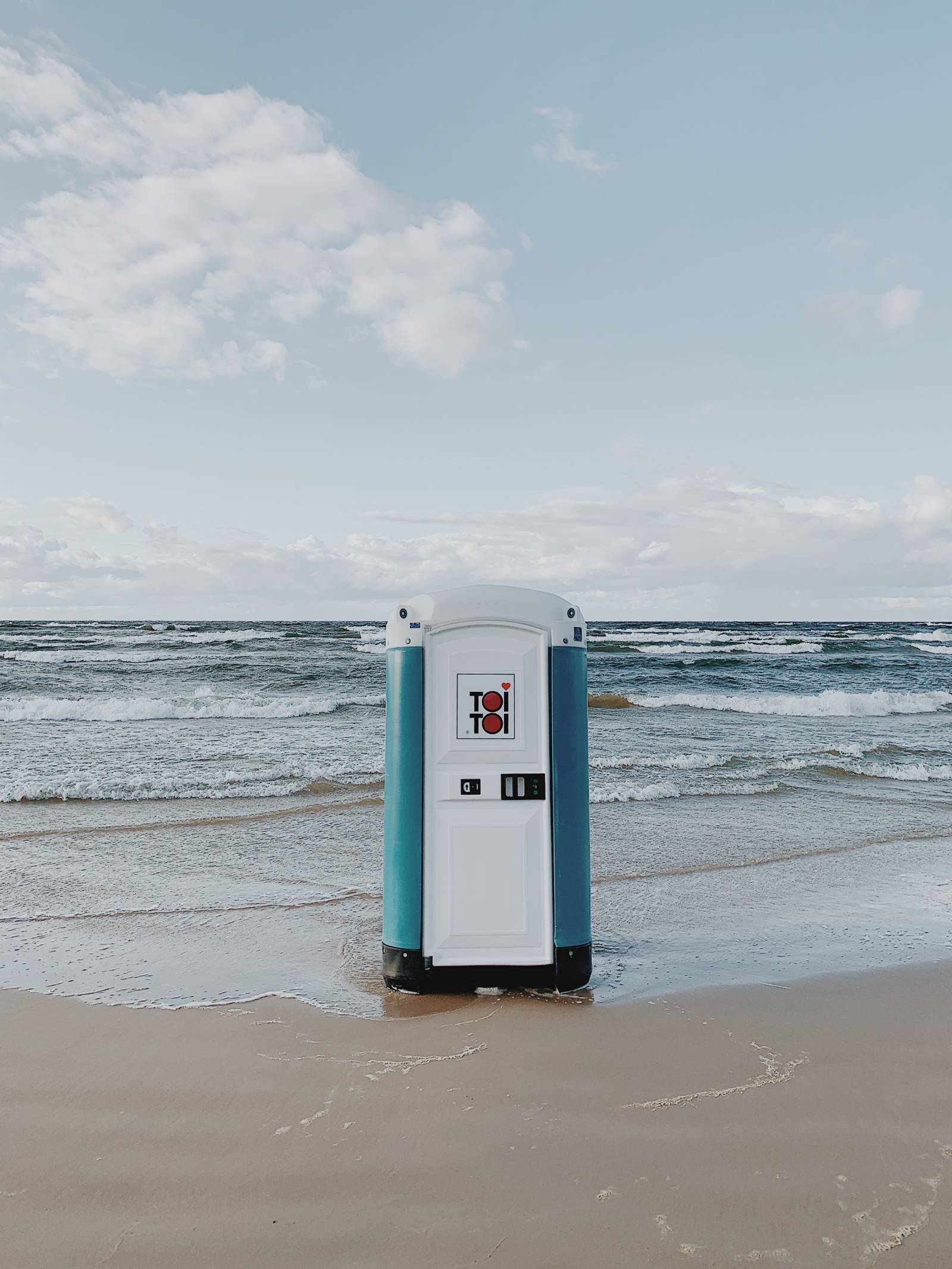Politics of Faeces was involved in co-organising a panel at the Scoping Sustainable Aesthetics – Rethinking Nature, Man-Made Environment in Lahti 12–14 June 2023, organised by The International Institute of Applied Aesthetics (IIAA). Our panel was a joint effort of Dr Anna Rajala, Dr Timo Uotinen, Dr Tiina Vaittinen, and PhD candidate Riku Laakkonen, who also chaired the panel.
The panel was titled Re-Thinking “Nature’s Call”: Aesthetic Intra-Actions Between In/Continence, Human-Made Synthetic and Organic Material, and Society. Yuriko Saito’s concept of aesthetic sustainability is intertwined with cultivating aesthetic sensibility, and experiencing the everyday familiar as familiar, by recognising that aesthetic consideration is relevant beyond the aesthetic domain of appreciating art works as a spectator, listener, or critic. Through interdisciplinary discussions between political economy, artistic research, literature studies, and philosophical aesthetics, our panel interrogated questions of aesthetic sustainability and the everyday by focusing on a universal, though not exclusive, feature of humanity: in/continence and human excreta. The environmental impact of in/continence – i.e., the control and government of leaking bladder and bowels – by means of health and self-care practices as well as material technologies such as incontinence pads or diapers is significant.
Developing sustainable continence care globally is urgent, and in/continence is inevitably also a question of aesthetics. It is the unspoken, aesthetically revolting (both in the sense of disgusting and revolutionary) sustainability issue that is all around us. It spans from questions of equitable care to battling bladder and bowel function related stigma, solving the global sanitation and water crisis, managing incontinence pad waste, and protecting nature from sewage pollution. When the management of in/continence “fails” and urine or feces leak in public, it permeates bodily limits and offends sense perception (aisthesis). In/continence, in short, is a question that shapes the lives of all human beings, every day, from the moment of birth to death.
Thanks to organisers for the opportunity to explore this topic and for the thought-provoking congress!
Photo by Scott Walsh on Unsplash

